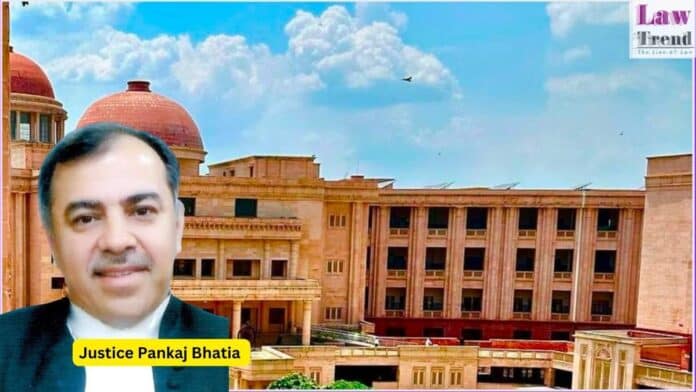The Allahabad High Court while staying the execution of an award raised important questions regarding the affidavit swearing procedure prescribed under the High Court Rules and the imposition of monetary charges on litigants for such verification. The Court directed that the matter be further examined, particularly in light of the provisions of the Notaries Act,
To Read More Please Subscribe to VIP Membership for Unlimited Access to All the Articles, Download Available Copies of Judgments/Order, Acess to Central/State Bare Acts, Advertisement Free Content, Access to More than 4000 Legal Drafts( Readymade Editable Formats of Suits, Petitions, Writs, Legal Notices, Divorce Petitions, 138 Notices, Bail Applications etc.) in Hindi and English.




